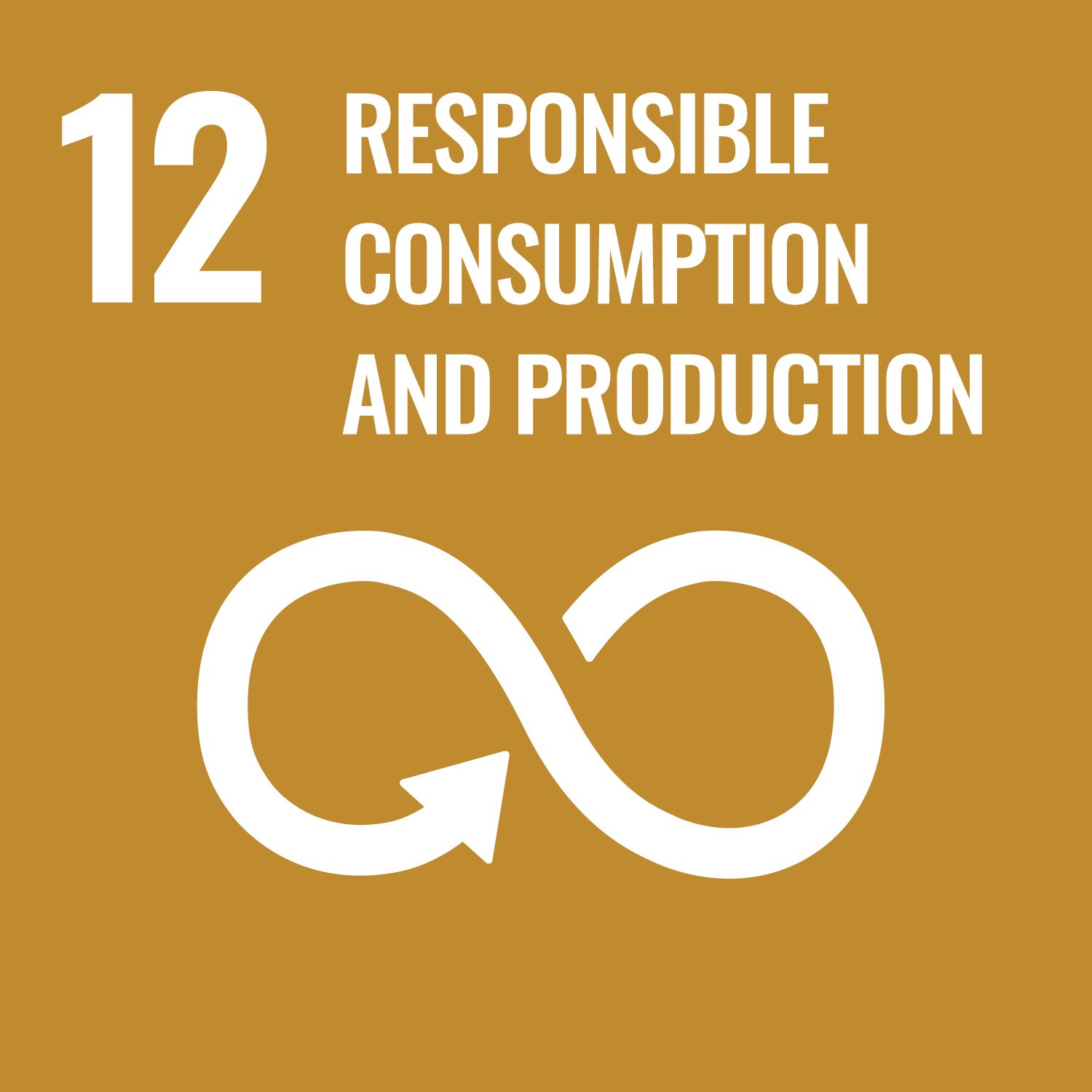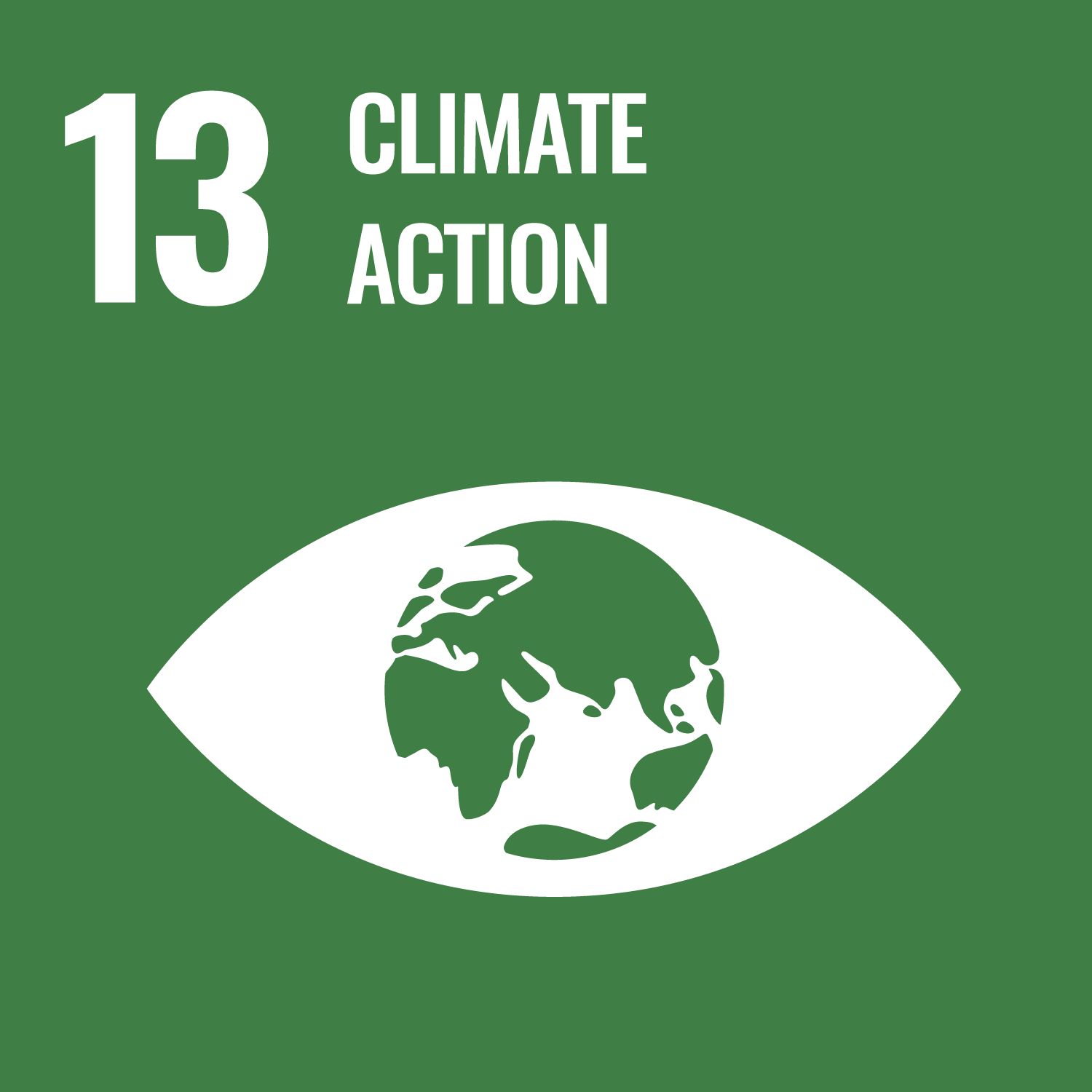We function responsibly
GRI 2-24
We place exceptional emphasis on the quality and reliability of the services we provide. We apply the same requirements to our suppliers. We buy responsibly and incorporate elements of responsibility and sustainability into our daily operations. We demand responsible practices from our suppliers and involve non-profit organisations and social enterprises in our supply chain. We work with circular economy principles and show employees how they can contribute to sustainability in their own homes.
We are a demanding and socially responsible customer
GRI 3-3 | 308-1 | 414-1
We have a clearly defined selection procedure for our suppliers. In addition to quality, reliability, stability, price and delivery terms, the main criteria include the supplier's reputation and whether they are doing business responsibly. The question of independence is also an important criterion when selecting a supplier.
Our suppliers are committed to behaving in accordance with the principles of our Supplier Code of Conduct. Through this code, they confirm that they comply with laws and ethics, respect human rights and protect the environment.
At KPMG, we make every effort to buy from domestic companies and entrepreneurs. We regularly source services and goods from social enterprises.
We lower our carbon footprint
GRI 305-1 | 305-2 | 305-3 | 305-5
We perceive climate risks and consequences of climate change and their threats. We are well aware of the impact our activities have on the environment. We therefore monitor our carbon footprint on a regular basis and aim to continuously lower the negative impact of our activities on the environment. Since 2010, we have been the member of KPMG’s Global Initiative that monitors all environmental impact and activities that serve to lower the carbon footprint.
Between 2016 and 2020, we managed to reduce total emissions by more than 40 percent. In 2021, we saw a further significant decline in our overall emissions. Measures related to the Covid-19 epidemic contributed to this, as well as our efforts. However, 2022 showed that we are also succeeding in reducing emissions compared to pre-Covid years.
In FY 2023, we were able to refine the calculation of our carbon footprint. We now include the following items in Scope 3:
- Category 1 - Purchases of goods and services (calculated based on the volume of our purchases using emission factors).
- Category 6 - business travel - we have added nights spent in hotels to the business travel mileage we reported in previous years. Here, we relied on the emission factors per hotel night in a given country and the number of such nights.
In particular, the purchase of goods and services represents a large increase in emissions for us compared to previous years. If we had not refined the carbon footprint calculation, the results would have been close to the target we set for 2030. However, we want to carry out the calculation as carefully as possible and therefore plan to tighten it in future years.
Our carbon footprint was previously measured on a calendar year basis, but during 2021 the reporting period was changed to our fiscal year, i.e., October to September. To have comparable baseline data, emissions were also recalculated retrospectively for 2019 and 2020 and differ from the data reported in previous sustainability reports. In calculating the carbon footprint we use a methodology developed by KPMG International based on the Greenhouse Gas Protocol and Defra Reporting.
Selected Scope 3 indicators (We would like to monitor these in more detail in the future).
Circular office
GRI 306-4
Throughout the year, we show employees the possibilities of a circular economy in the office as well as in the home.
We now sort organic waste in our Prague office, which we then compost in our own composters. We also started sorting coffee grounds, as to itse large volume, we had to separate it from our organic waste. In fiscal year 2023, employees took it home to their gardens. For fiscal year 2024, we have arranged to have it collected and used for the production of cosmetic products and briquettes.
We educate colleagues on sustainability issues and show them how to produce as little waste as possible.
Green Firm
GRI 306-5
To increase the level of environmental protection and to monitor and mitigate potential risks, we introduced an integrated environmental management system in line with standard ISO 14001 in our firm. Every year, we undergo internal and external audits.
For some time, we have been involved in REMA system’s Green Company project, which aims to collect old company electrical equipment and batteries. Employees are also getting involved, and thanks to the project, in FY 23, we disposed of 72,1 kg of small electrical waste in an environmentally friendly way.



